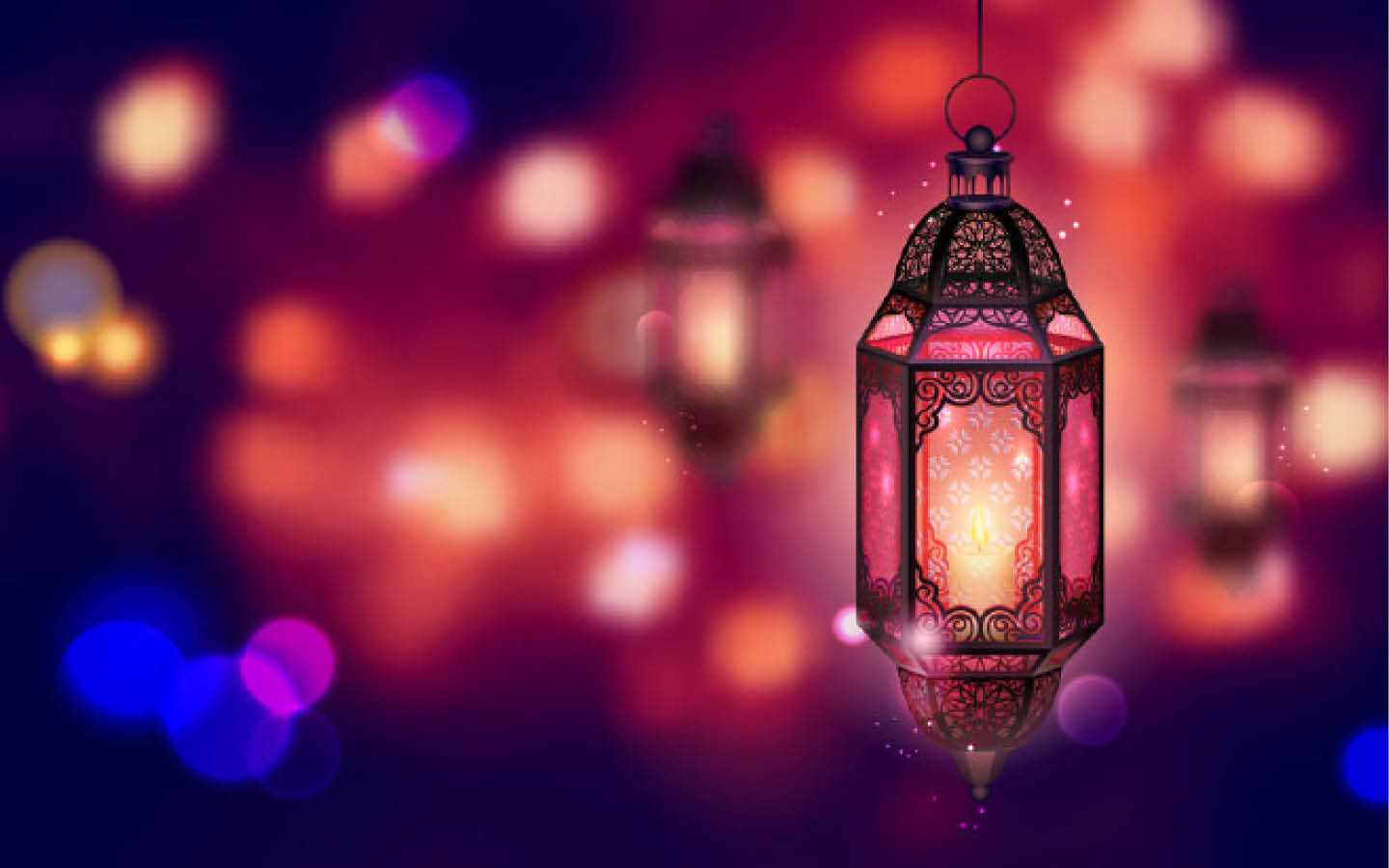He died in sujood inside the Prophet’s Mosque
We know, dear brethren, that each day the sun rises, it signals the birth of a child and the death of another; the rise to fame of a group and the descent of another into infamy. Since the primordial period, humanity has learnt that to be born is to keep a date with death; to […]

We know, dear brethren, that each day the sun rises, it signals the birth of a child and the death of another; the rise to fame of a group and the descent of another into infamy. Since the primordial period, humanity has learnt that to be born is to keep a date with death; to emerge from the womb into life is to book a space in the tomb.
Brethren, that brother probably travelled to Saudi Arabia to perform the Umra. He could have begun the spiritual journey in Makkah, before his arrival to Madinah, to visit the Prophet’s Mosque. He could even have been a citizen of Saudi Arabia who enjoyed the uncommon privilege of being a neighbour to one of the holiest sites in Islamic weltanschauung.
No matter the tenor of the narrative and notwithstanding the possibilities in his biography, that brother of yours and mine actually entered the Prophet’s Mosque that particular day like other worshippers. He took his position amidst the worshippers of the Creator of the heavens and the earth; he joined the congregation to raise his voice and glorify the name of the Almighty. Yes, he raised his voice and said Allahu Akbar- that the Almighty is Great: that the Almighty is greater than everything he owned in the world; that He is greater than everything humans covet in this perishable planet. He raised his two hands in an expression of his nothingness in relation to His Majesty; he raised his two hands to affirm his awareness that he came to the world with nothing and that when the “hour” comes, he shall leave with nothing except his acts of righteousness.
Brethren, that brother of yours and mine said Allahu Akbar. After a short while he bowed his head, in the ruku’ posture, like other worshippers in the mosque. There he said ‘subhanna Rabbi al-Adhim”- glory be to my lord, the Great. According to al-Ghazalli in his book al-Maqsad al-Asna Fi Asmaillah al-Husnah, when reference is made to an entity as being great, two possibilities come to mind: that entity whose greatness is receptive and perceptible to the eye and that whose greatness is inconceivable for human vision to encompass such as the heavens and the earth. al-Ghazalli goes further to say that when reference is made to the Almighty as The Great, it is because His essence (Kunh) is beyond perception. Thus, any greatness applied to one other than the Almighty is deficient and invalid.
- Nigerian manufacturers capable of producing vaccines, Tinubu tells GAVI
- Wike sacks company managing International Conference Centre
Thereafter, dear brethren, our brother proceeded from the rukuu’ to the sajdah. The sajdah posture, you would remember, is the closest station the servant can reach on this planet earth in relation to the Almighty. In the sajdah posture, dear brethren, our forehead, our two palms, our two knees and the toes of our feet (the seven points of submission to the Almighty) should touch the ground. The sajdah posture is usually observed twice in our prayer and each of them carries great lessons for our contemplation.
When the Muslim worshipper puts his forehead on the ground in obeisance and in submission to the Almighty, he practically humbles himself. By bringing our forehead to the ground, Muslims engage in willful self-immolation in front of their creator. The Muslim worshipper who brings his forehead to touch the ground enters into a covenant with the Almighty; such a Muslim is saying she would not, no matter how austere or prosperous the circumstance becomes, serve any other principal apart from His Majesty.
In the sajdah posture nests one other important lesson. When the Muslim worshipper puts his head on the ground and raises it, he brings to mind the fact that it is from the earth he was created; when he goes back to put his forehead on the ground, he becomes attentive to the reality that sooner or later he shall, at his demise, be returned to the earth; when he raises his head from the ground once again, he is aware that no matter how long he stays in his grave or tomb, he shall be resurrected from the earth on the day of judgment: “We have created you from the earth, into it We shall return you and from it We shall bring you back to life once again (Quran 20: 55).
Dear Brethren, after a long while during which he remained transfixed on the same spot, his forehead firmly glued to the ground, his hands spread out as if they had become wings like that of the bird in space, his fellow worshippers became aware that their brother had departed this world. He had died while in Salat, in prostration to the Almighty Allah, in the hallowed space of the Prophet’s Mosque in Madinah!!! He, the Almighty reminds us: Surely the Almighty alone has the knowledge of the Hour… and no one knows in what land he will die. Surely, He is all-knowing and is well aware of everything (Quran 31:34)
